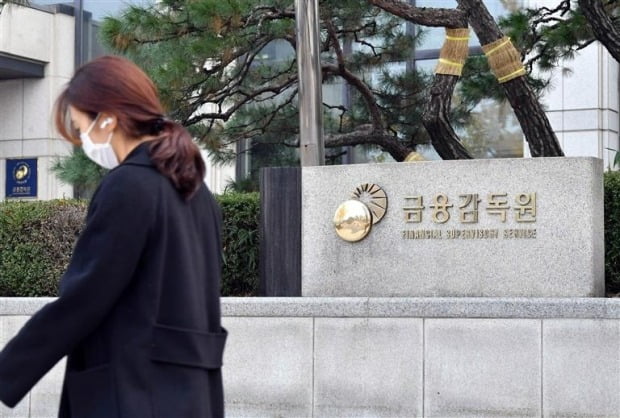
The Financial Supervisory Service was not assigned to a public institution even in the controversy over the supervision of the private equity crisis. Instead, conditions such as additional reduction of high-ranking salaries, oversea office maintenance, and reinforcement of management performance evaluation were attached.
On the 29th, the Ministry of Strategy and Finance deliberated and decided on the ‘2021 designation plan for public institutions’. The Gongun Committee discussed the necessity of designating a public institution by the FSS, but decided to reserve it conditionally.
First, he instructed the reduction of higher ranks to proceed with high intensity. This is one step higher than the plan submitted by the FSS.
As of the end of 2018, the ratio of the top ranks above the 3rd level, which was 43% of all FSS employees, has decreased to 40% at the end of last year. In 2022-2023, it is expected to achieve 35% as planned. The Gongwoon Committee ordered to cut higher ranks more than this.
The Gongwoon Committee also said that it prepared measures to improve the efficiency of organizational operations, such as overhauling overseas offices. The Financial Supervisory Service’s overseas office,’Bangman Management’, also pointed out the auditor in 2017. In the evaluation of management performance, the proportion of the measurement indicators was expanded from the current 30% to 40%, and incentives were redeemed when irregularities were identified in the evaluation process to increase fairness and objectivity. The customer satisfaction survey was implemented annually at the level of public institutions, and the results were reflected in the management evaluation.
This is not the first time that the Financial Supervisory Service has avoided designating a public institution.
In 2018, the Gongun Committee deferred the designation of a public institution by the Financial Supervisory Service under conditions such as eradication of employment corruption, management disclosure at the level of public institutions, strict management evaluation, and resolution of inefficient organizational operation problems.
In 2019, problems such as hiring corruption, management disclosure, and management evaluation were resolved, but the need to designate a public institution was raised again due to the problem of reduction of higher ranks. Accordingly, the Financial Supervisory Service submitted a plan to avoid designation by submitting a plan to reduce the ratio of the top ranks above the 3rd level to 35% level that can receive positions of team leader or higher within the next five years.
Reporter Lee Song-ryul [email protected]
Ⓒ Hankyung.com prohibits unauthorized reproduction and redistribution
